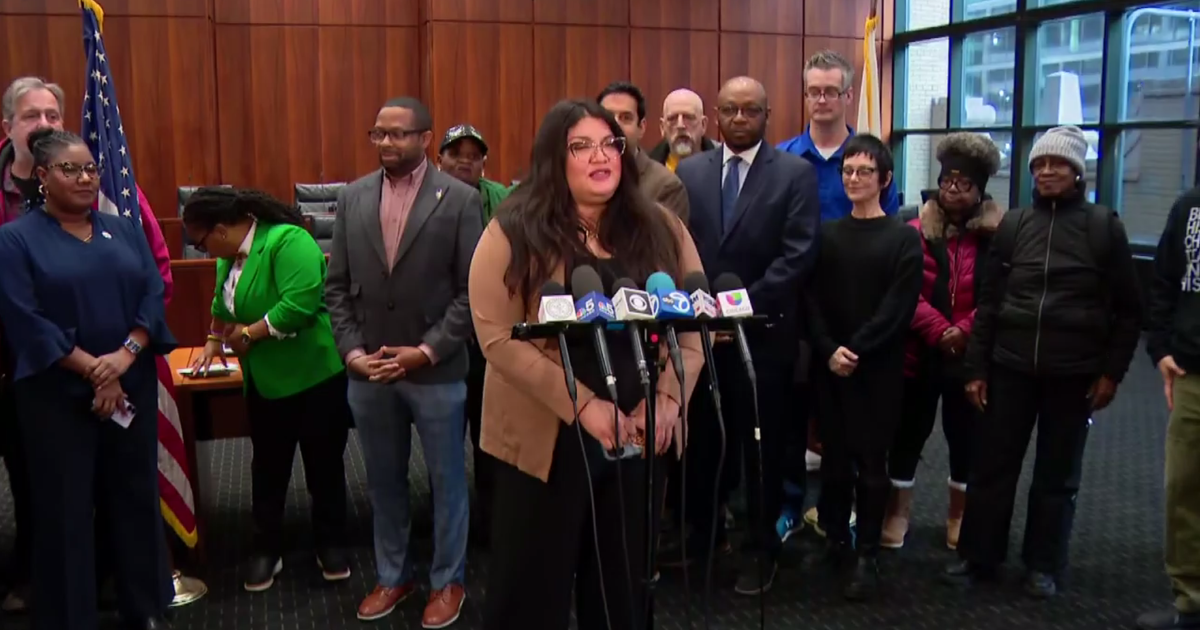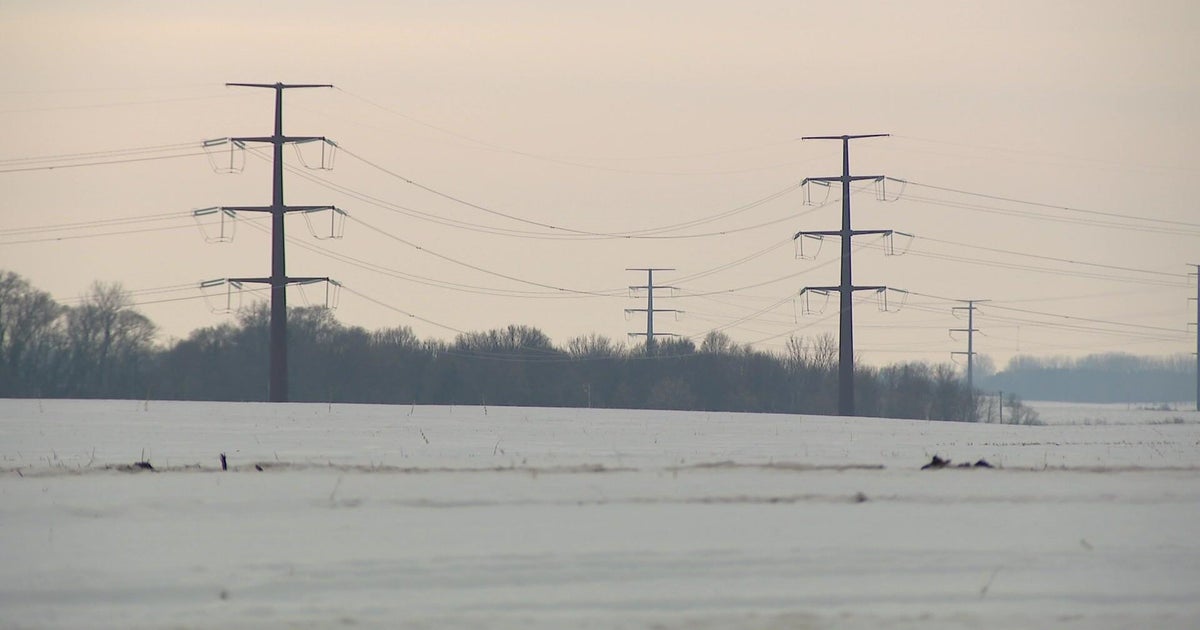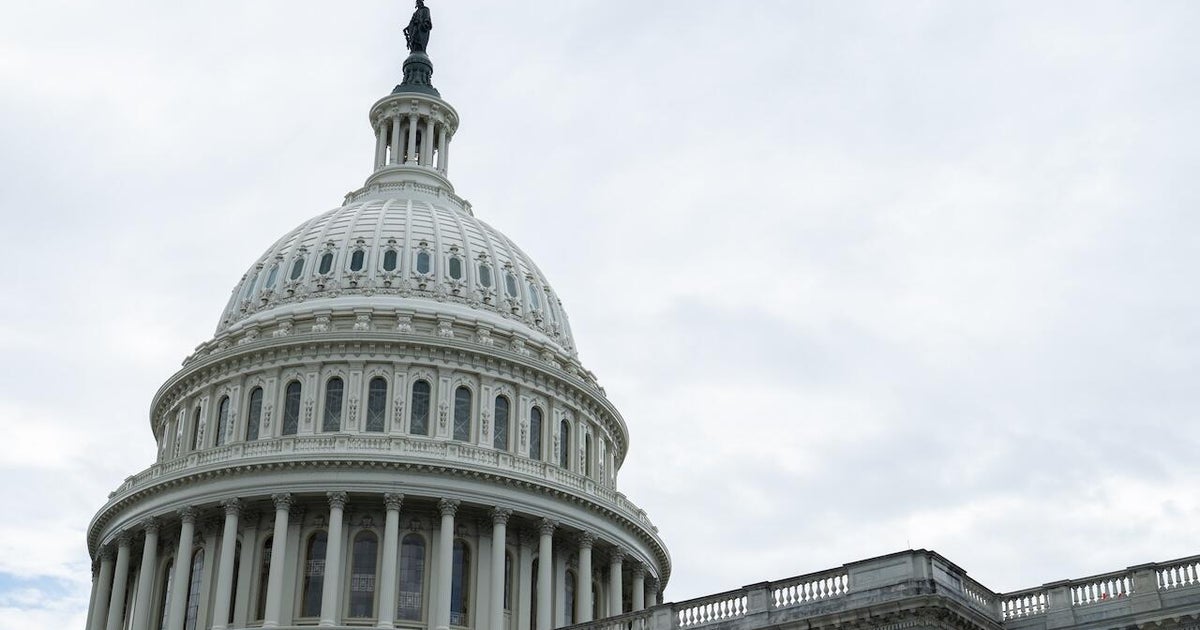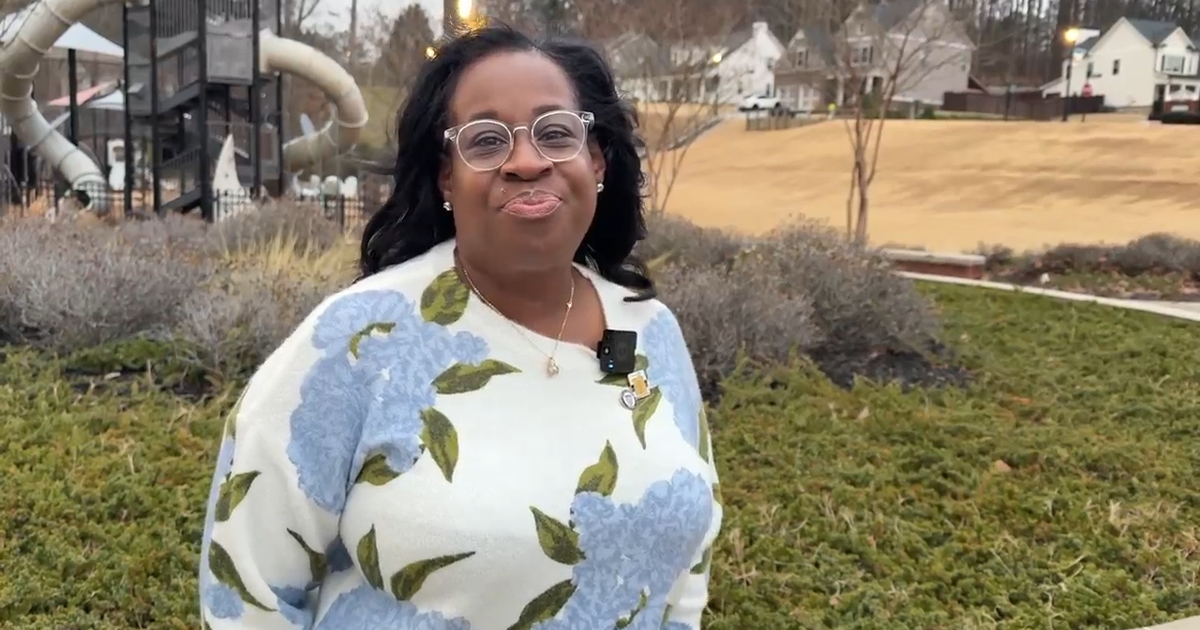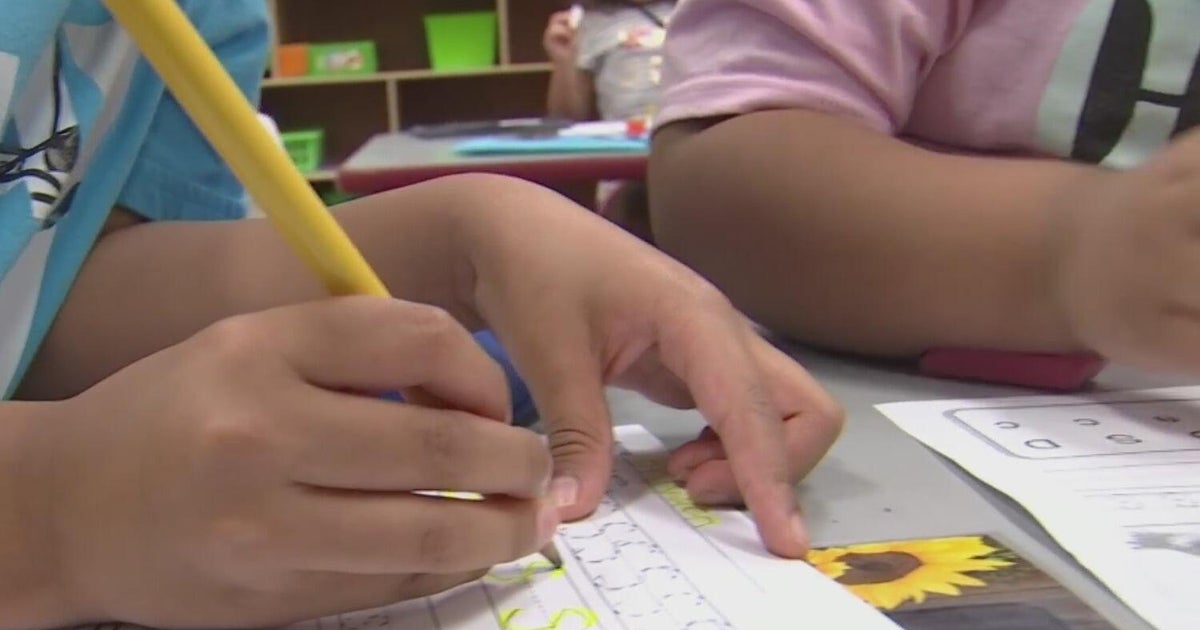Proposed Constitutional Amendment Seeks To Close Achievement Gap
MINNEAPOLIS (WCCO) -- Minnesota voters could be choosing more than a new President, Congress and state lawmakers this coming November.
"The only winner in this amendment are children," explained Minneapolis Federal Reserve President, Neel Kashkari.
Kashkari and former Minnesota Supreme Court Justice Alan Page are pushing to get a constitutional amendment question before the state's voters. It is their way to force the state to do more to close the education achievement gap.
"As we dig into it we learned we made no progress in closing these gaps, despite the many attempts in 20 or 30 years to change and improve education," adds Kashkari.
It's largely due to socioeconomic disparities between rich and poor school districts, racial and ethnic classes. Achievement scores in standardized testing are higher in wealthier districts.
"Everybody we meet with says they want to put kids first, but what we found is usually the adults get in the way," said Kashkari.
The amendment would strengthen wording in the constitution to give parents legal grounds to force change. The state constitution regarding public education is largely unchanged from what was written back in 1857.
Justice Page calls the legal ramifications of the amendment, a catalyst for real change.
"To take on something that has the opportunity to bring about real change and to end these unconscionable gaps," explains Page.
However, their proposal is getting mixed reviews among education leaders and lawmakers. No sponsors of the bill have been secured although there is still plenty of time before the new legislative session begins February 11th.
Education Minnesota issued a written statement opposing the amendment proposal, saying in part, "the strategy paves the way for taxpayer-funded vouchers for private schools, which may discriminate against certain students."
Both Page and Kashkari disagree and say it would have the exact opposite effect by enforcing the means to improve standards.
"The state has standards today, let's just hold the state accountable to meeting its own standards," Added Kashkari.
If the amendment is placed on the fall ballot it would have to win a majority of those voting in the wider election, including those who choose not to vote on the amendment question.
